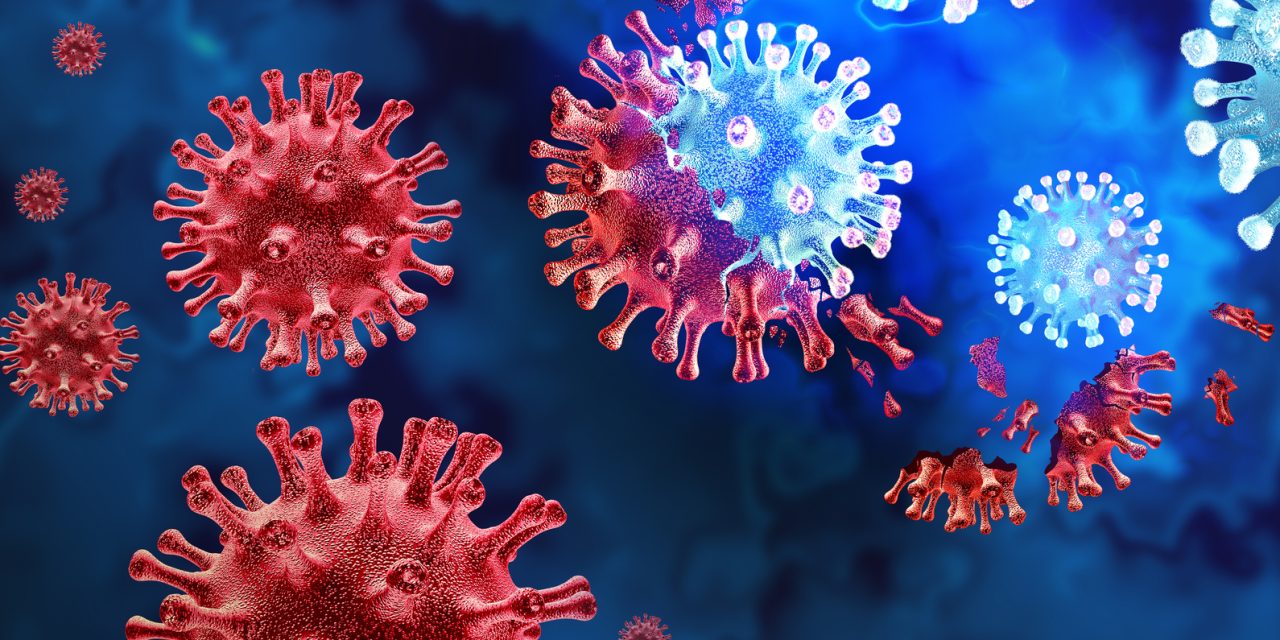People who inject drugs are at greater risk of hepatitis C virus (HCV) infection and hospitalisation, yet admissions are not utilised for HCV treatment initiation. We aimed to assess the extent to which people with HCV notification, including those with evidence of recent drug dependence, are hospitalised while eligible for direct-acting antiviral (DAA) therapy, and treatment uptake according to hospitalisation in the DAA era.
We conducted a longitudinal, population-based cohort study of people living with HCV in the DAA era (March 2016-December 2018) through analysis of linked databases in New South Wales, Australia. Kaplan Meier estimates were used to report HCV treatment uptake by frequency, length, and cause-specific hospitalisation.
Among 57,467 people, 14,938 (26%) had evidence of recent drug dependence, 50% (n=7,506) of whom were hospitalised while DAA eligible. Incidence of selected cause-specific hospitalisation was highest for mental health-related (15.84 per 100 person-years [PY]), drug-related (15.20 per 100PY), and injection-related infectious disease (9.15 per 100PY) hospitalisations, and lowest for alcohol use disorder (4.58 per 100PY) and liver-related (3.13 per 100PY). 65% (n=4,898) of those hospitalised had been admitted >2 times and 46% (n=3,437) were hospitalised >7 days. By the end of 2018, DAA therapy was lowest for those hospitalised >2 times, for >7 days, and those whose first admission was for injection-related infectious disease, mental health disorders, and drug-related complications.
Among people who have evidence of recent drug dependence, frequent hospitalisation-particularly mental health, drug, and alcohol admissions-presents an opportunity for engagement in HCV care.
© The Author(s) 2021. Published by Oxford University Press for the Infectious Diseases Society of America. All rights reserved. For permissions, e-mail: journals.permissions@oup.com.
Opportunities to enhance linkage to hepatitis C care among hospitalised people with recent drug dependence in New South Wales, Australia: A population-based linkage study.


